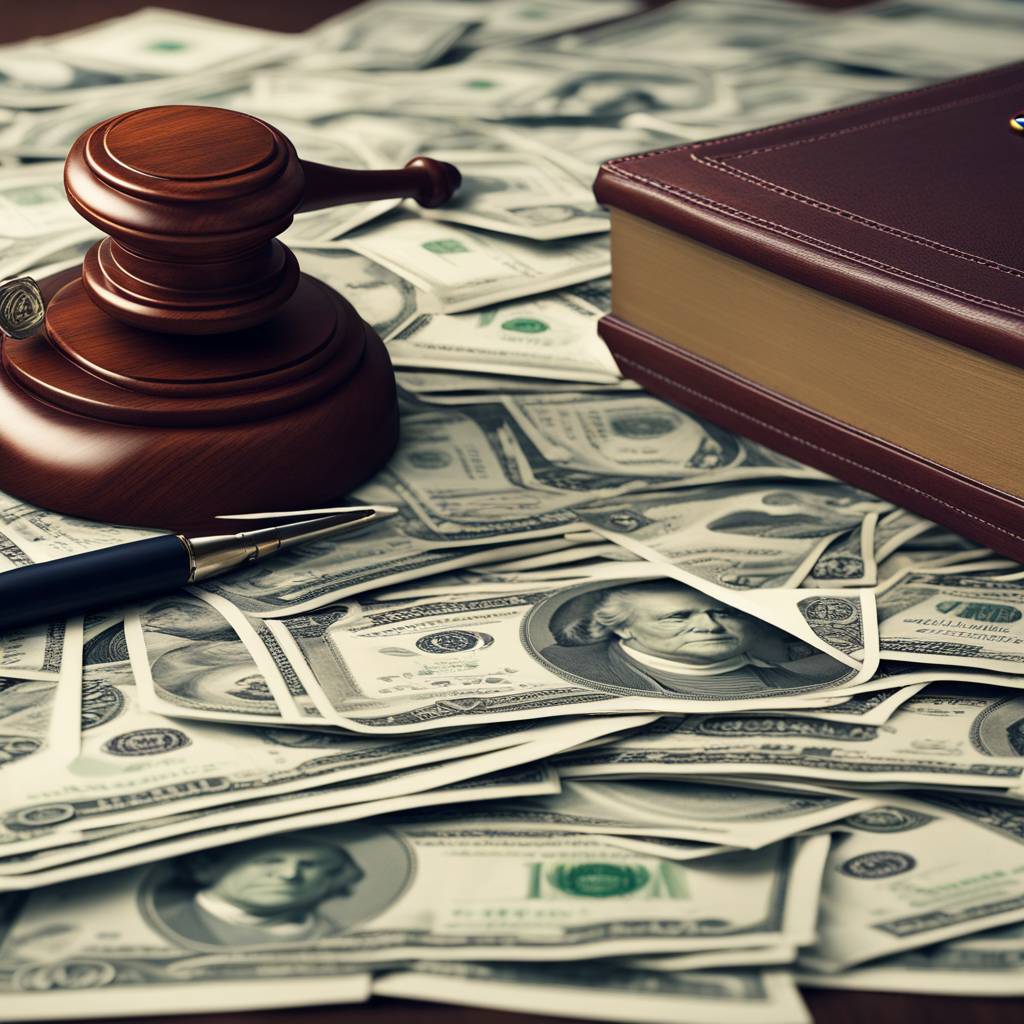Former President Donald Trump attempted to post a $175 million bond in order to appeal a civil fraud ruling against him, but the court’s filing system rejected it due to missing paperwork, including a current financial statement. The New York Attorney General, Letitia James, raised concerns about the bond’s sufficiency and the surety backing it, Knight Specialty Insurance Company (KSIC), which is not admitted in New York. KSIC has since refiled its paperwork to address these issues. Legal analyst Glenn Kirschner suggested that Trump’s bond payment may be on the verge of implosion, with Judge Arthur Engoron setting a hearing for April 22 to determine the sufficiency of the surety.
Kirschner highlighted the questionable background of KSIC and its chairman, Don Hankey, who is known for giving loans to individuals considered high-risk by other financial institutions and for running afoul of regulators. The upcoming hearing on April 22 could bring increased scrutiny to Trump’s bond and potentially uncover any financial irregularities. Kirschner expressed confidence that Attorney General James and Judge Engoron would thoroughly investigate the bond and determine whether any fraudulent activity was involved. The situation surrounding Trump’s bond payment continues to evolve as questions are raised about the entity backing it and its qualifications to provide the necessary surety.
The civil fraud ruling against Trump, his adult sons, and The Trump Organization found them liable for unlawfully inflating Trump’s net worth and assets to secure more favorable business deals. After Trump was hit with a penalty of approximately $454 million, he attempted to post a bond slightly higher than that amount to appeal the ruling. However, an appeals court permitted him to pay a lower bond of $175 million instead. The rejection of the initial bond due to missing paperwork, including a current financial statement, has raised doubts about the validity and sufficiency of the surety backing Trump’s appeal.
As the legal battle surrounding Trump’s civil fraud ruling unfolds, the focus has shifted to the intricacies of the bond payment and the entity providing the necessary surety. With Judge Engoron scheduling a hearing to examine the sufficiency of the surety and the background of the entity backing Trump’s bond, there is growing anticipation of potential revelations regarding the validity of the appeal. The involvement of Knight Specialty Insurance Company, a company not admitted in New York, has raised further questions about the entire process and the steps being taken to address any discrepancies or irregularities.
Despite Trump’s assertions of innocence in the civil fraud case, the legal complexities surrounding the bond payment and the surety backing it have cast a shadow of doubt on the appeal process. The upcoming hearing on April 22, set by Judge Engoron, will play a crucial role in determining the legitimacy of Trump’s bond and whether any financial improprieties were involved. The involvement of Attorney General James and legal analysts like Glenn Kirschner underscores the significance of this case and the potential implications for the former president as he seeks to challenge the civil fraud ruling against him. The evolving developments in this legal saga continue to draw attention and scrutiny as the court system navigates the complexities of Trump’s appeal and the bond payment process.








